INCREDIBLE!
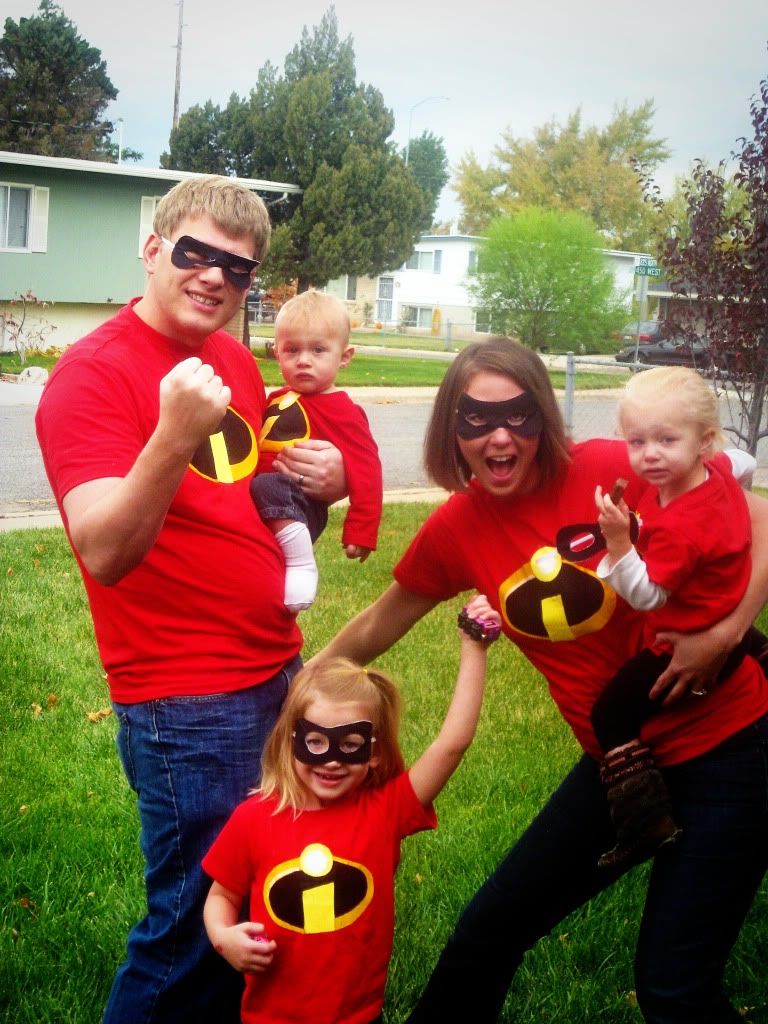
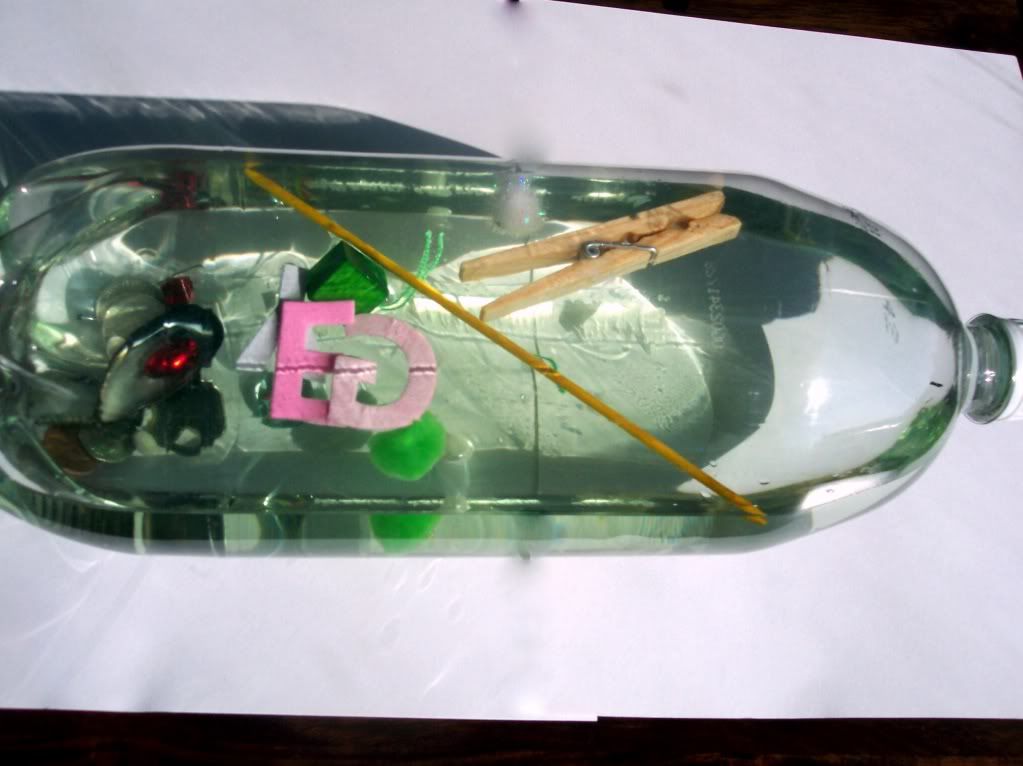
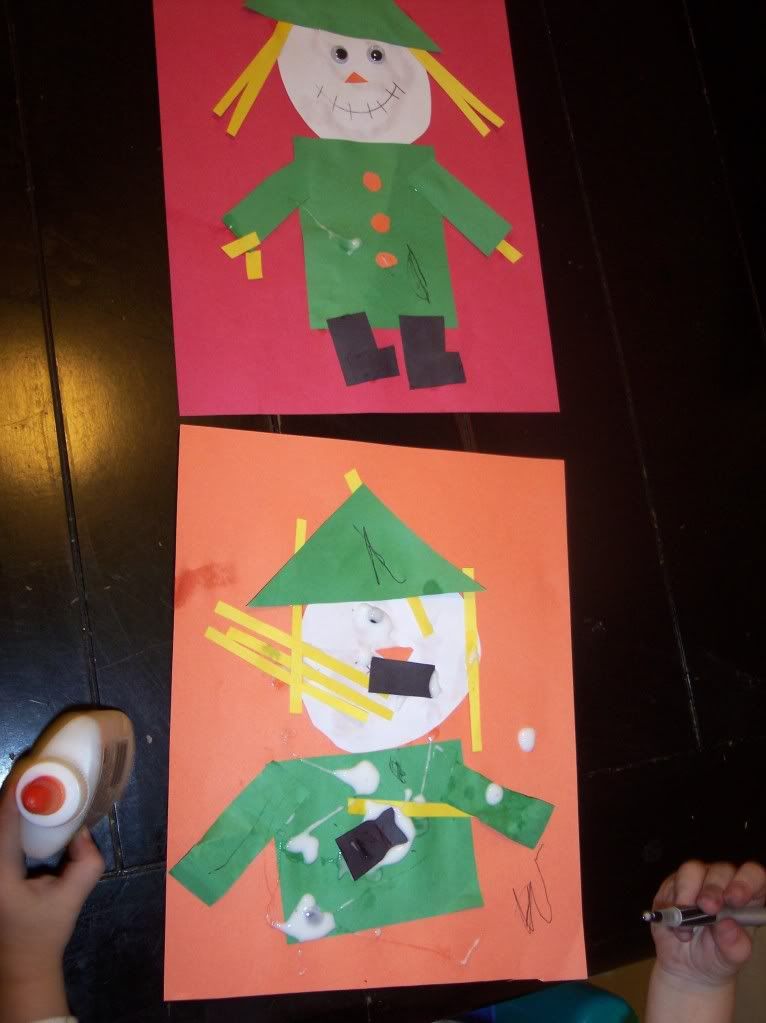
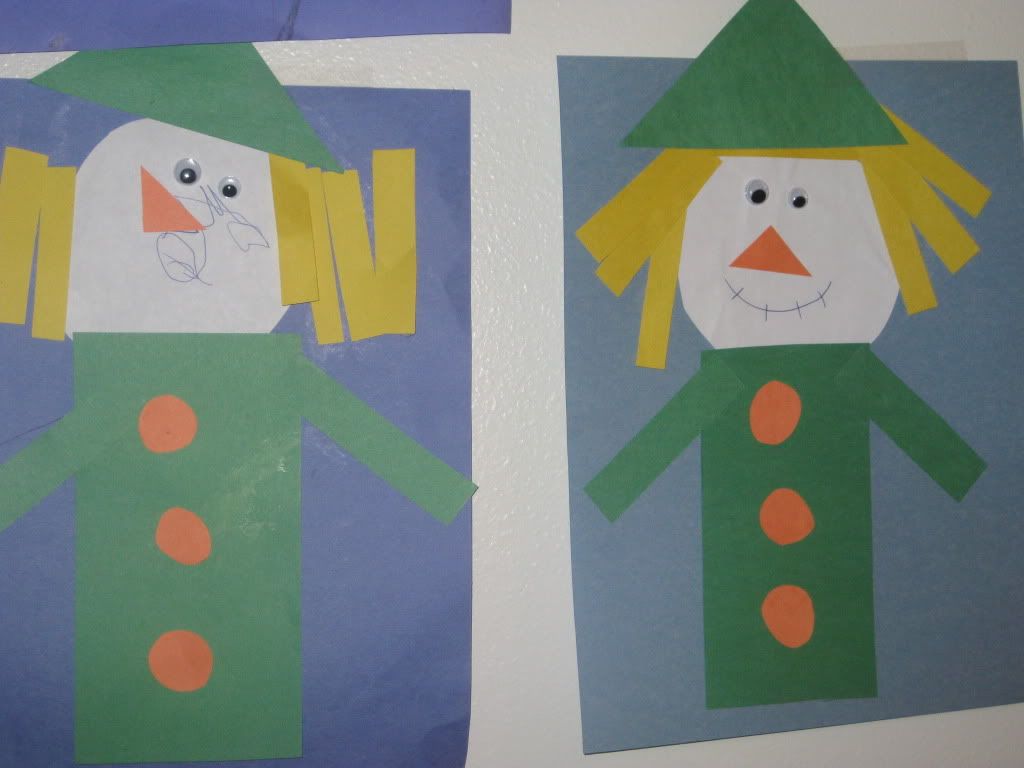

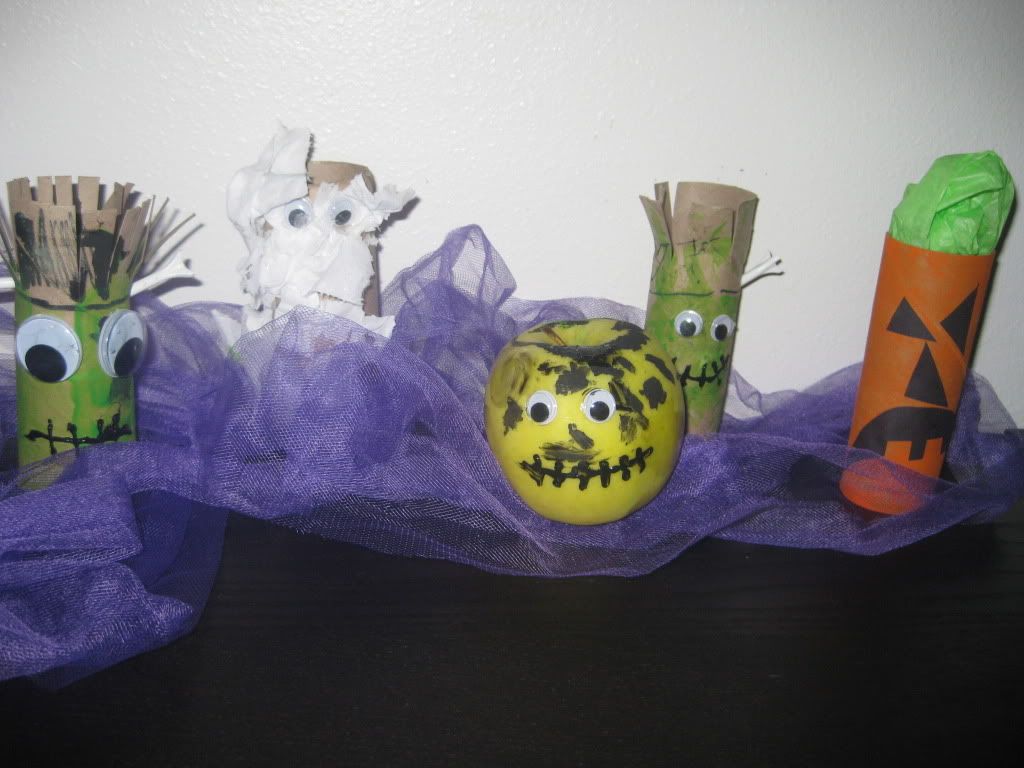
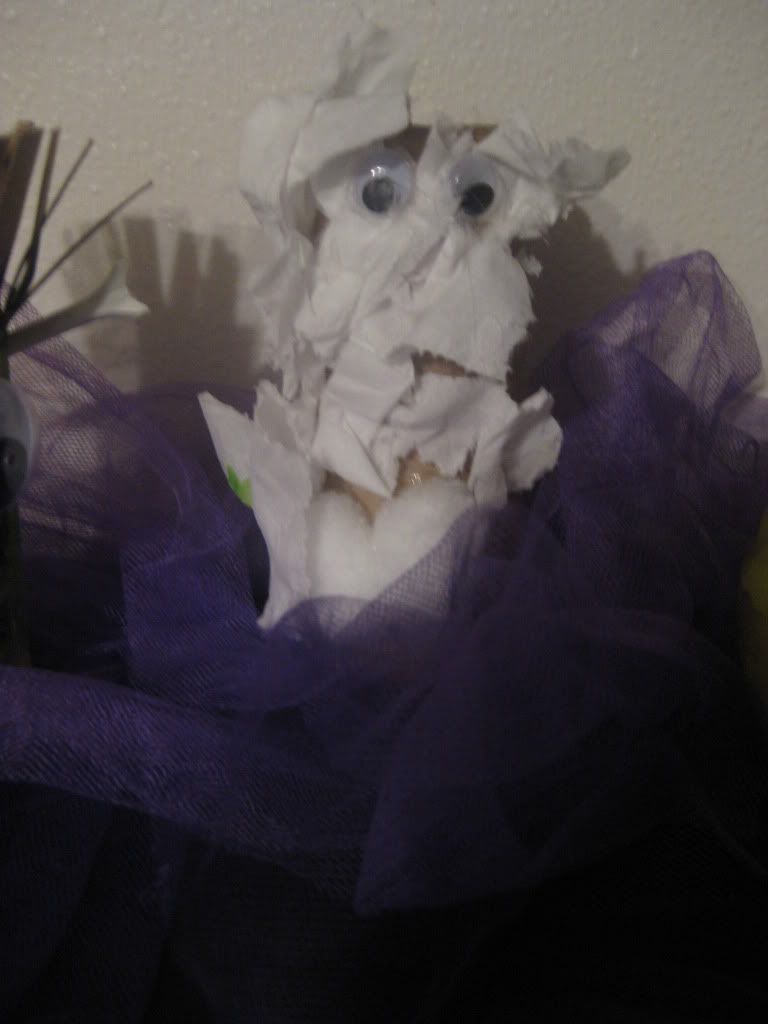
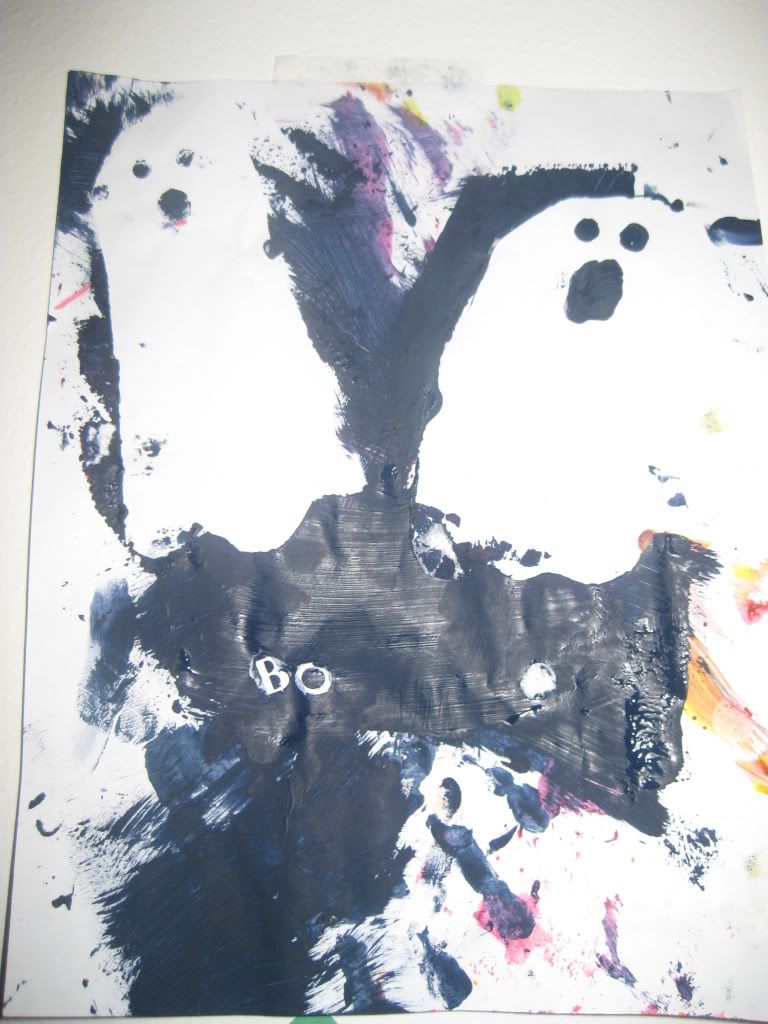
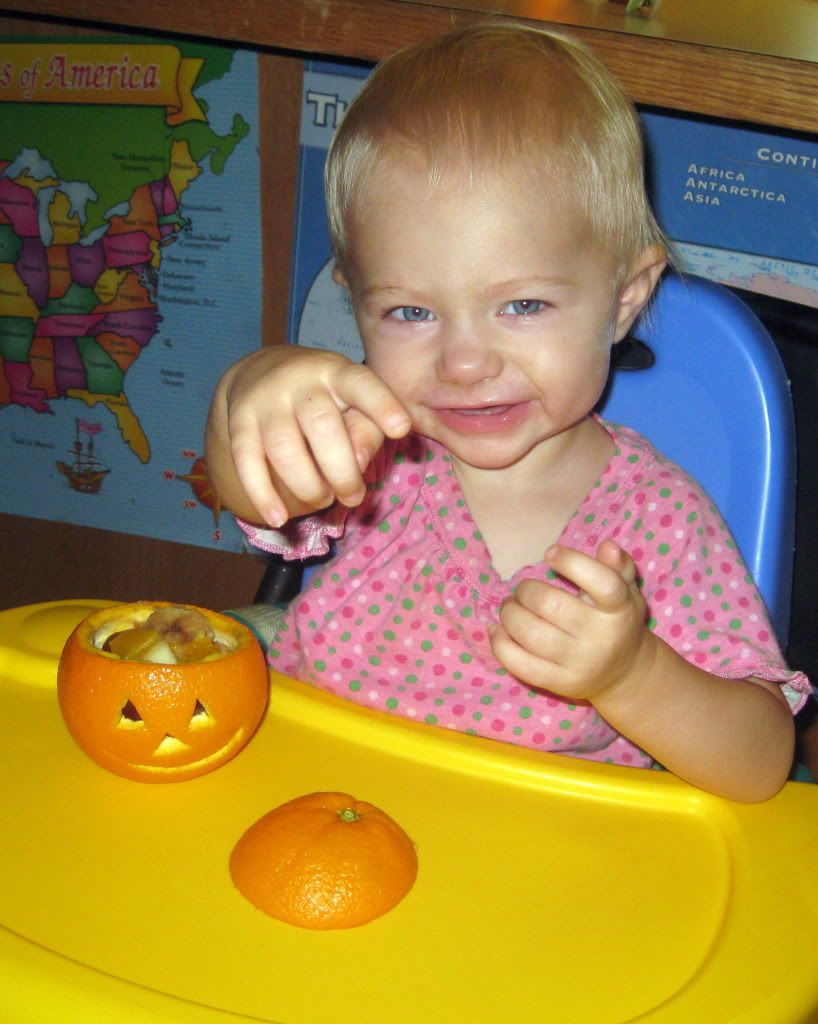



HOMEADE PIZZA PUMPKINS
Thanks to daddy :)

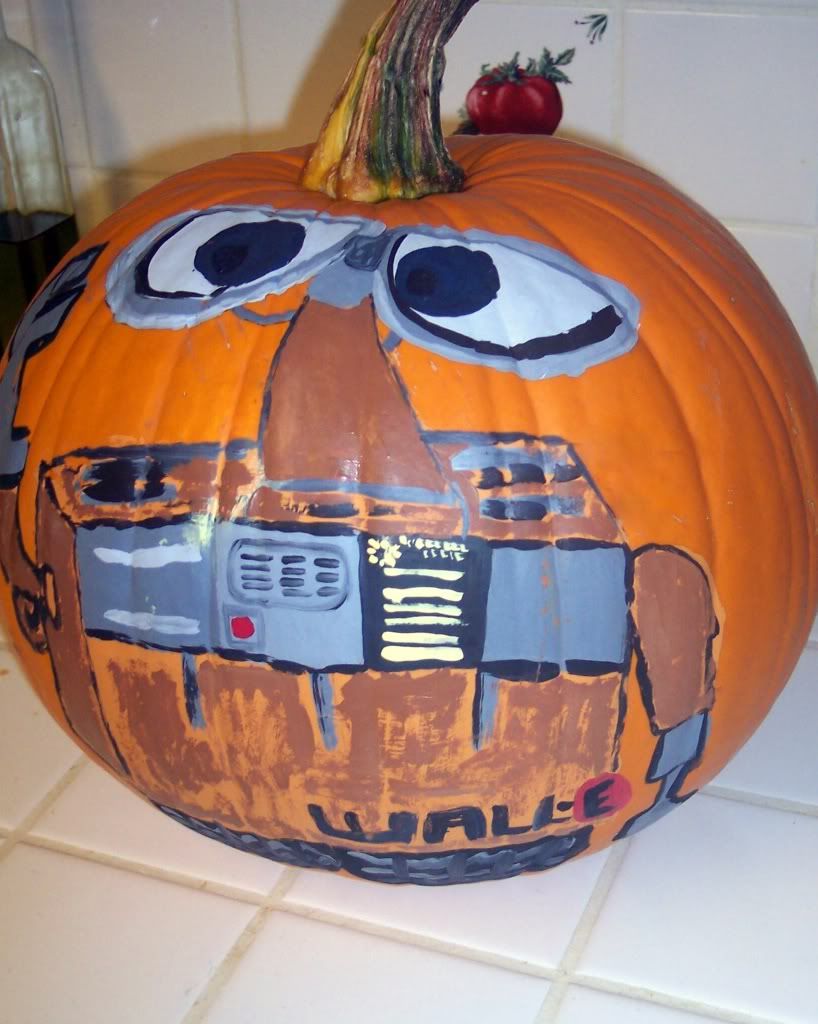


There are a few articles that I've read on praise vs. encouragement. This particular article was a paradigm shift for me. I read it a year ago and was so determined to encourage rather than praise. But yet, a year has passed, and I came upon a similar article only to realize I haven't changed. I'm a "praise-er" and I want to be an encourager.
I see the difference between my husband and I. He needs no praise. He has an internal locus of control and I admire him in so many ways. I, on the other hand, appreciate and sometimes even "need" praise. It's truly a prideful thing. And I don't like it. I want to raise my children to be proud of what they've accomplished and not need praise from others in order to accomplish it....if that makes sense. I'll stop my rambling now, and let ya'll read these fantastic articles on the matter.
Five Reasons to Stop Saying "Good Job!"
Here are some thoughts on what "to say" when kids just do something impressive? Consider three possible responses: (Five Reasons to Stop Saying "good job!" by Alfie Kohn)"* Say nothing.
* Say what you saw. A simple, evaluation-free statement ("You put your shoes on by yourself" or even just "You did it") tells your child that you noticed. It also lets her take pride in what she did. In other cases, a more elaborate description may make sense. If your child draws a picture, you might provide feedback – not judgment – about what you noticed: "This mountain is huge!" "Boy, you sure used a lot of purple today!"
If a child does something caring or generous, you might gently draw his attention to the effect of his action on the other person: "Look at Abigail’s face! She seems pretty happy now that you gave her some of your snack." This is completely different from praise, where the emphasis is on how you feel about her sharing
* Talk less, ask more. Even better than descriptions are questions. Why tell him what part of his drawing impressed you when you can ask him what he likes best about it? Asking "What was the hardest part to draw?" or "How did you figure out how to make the feet the right size?" is likely to nourish his interest in drawing. Saying "Good job!", as we’ve seen, may have exactly the opposite effect.
This doesn’t mean that all compliments, all thank-you’s, all expressions of delight are harmful. We need to consider our motives for what we say (a genuine expression of enthusiasm is better than a desire to manipulate the child’s future behavior) as well as the actual effects of doing so. Are our reactions helping the child to feel a sense of control over her life -- or to constantly look to us for approval? Are they helping her to become more excited about what she’s doing in its own right – or turning it into something she just wants to get through in order to receive a pat on the head."
I love the montessori approach to order in the home. Everything should have its place. And children have a sensitive period of learning where they want to learn how to help. I have seen this with you kids and have had fun teaching you how to mop with your child-sized mops, sweep, clean windows, empty the dishwasher, wipe up spills, vacuum, etc.
I saw this polishing activity on The Wonder Years blog and wanted to try it with you girls. This is one step in lerning how to polish and clean other detailed items and enjoy the satisfaction that comes from keeping things clean.
Supplies: pennies (we used other coins just for fun)
Bowl of Vinegar and a little salt
Old Tooth Brushes
Bowl of water
Towel to dry the coins
Dip toothbrush in vinegar solution, and begin scrubbing penny. It will magically change and become very shiny.

 Who would have thought that this little cabinet could hold OH SO MUCH! It is super deep and was such a precious peach color (BLEH!) that we just had to paint it white.
Who would have thought that this little cabinet could hold OH SO MUCH! It is super deep and was such a precious peach color (BLEH!) that we just had to paint it white.  This now fits the majority of the kids' toys. We take out toys each day and put them back after we're done playing with them. My kids don't keep toys in one place, they end up EVERYWHERE. So this system works out great. And they are certainly not deprived from enough play time.
This now fits the majority of the kids' toys. We take out toys each day and put them back after we're done playing with them. My kids don't keep toys in one place, they end up EVERYWHERE. So this system works out great. And they are certainly not deprived from enough play time. 2nd shelf: Dolls, shape sorter, baby toys, piggy sorter, B&D tools
2nd shelf: Dolls, shape sorter, baby toys, piggy sorter, B&D tools 3rd shelf: Musical instrument set, puppets, balls, play felt food, play kitchen pans, rolling pins, plates
3rd shelf: Musical instrument set, puppets, balls, play felt food, play kitchen pans, rolling pins, plates